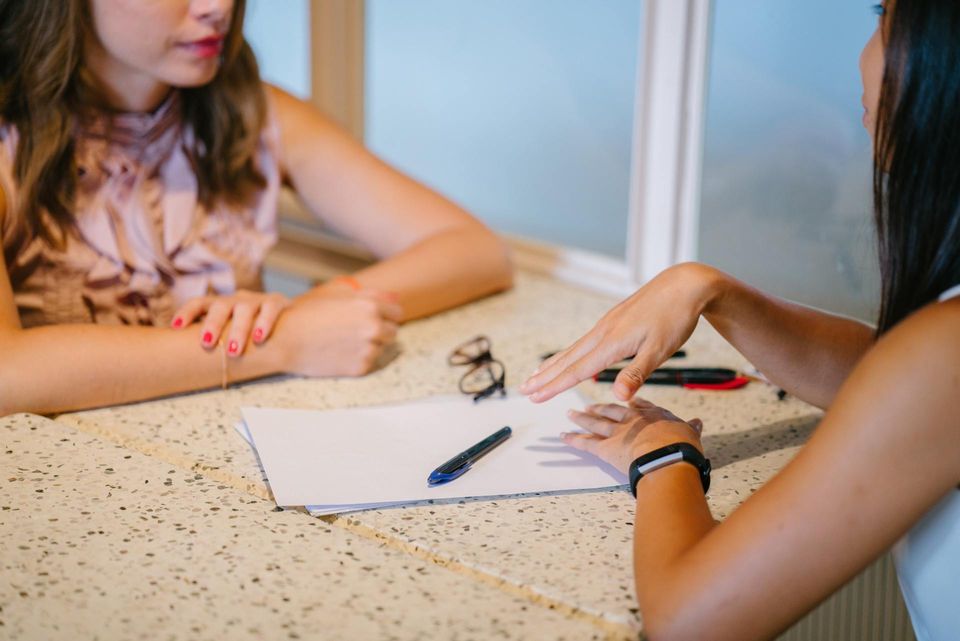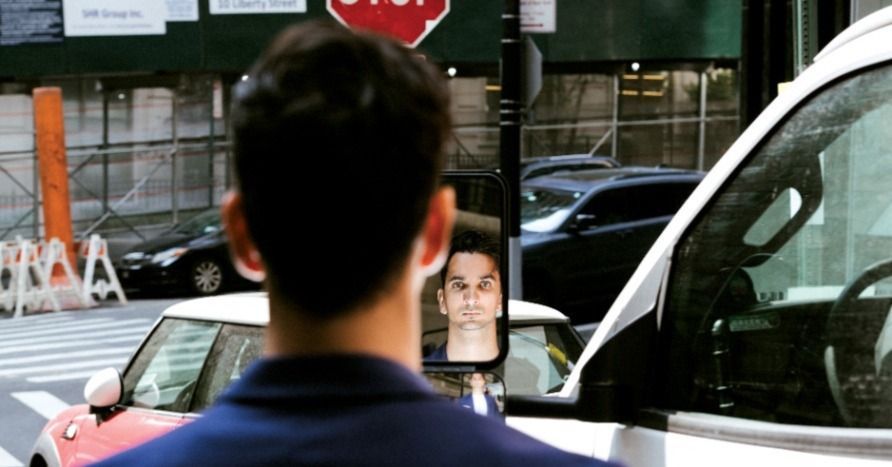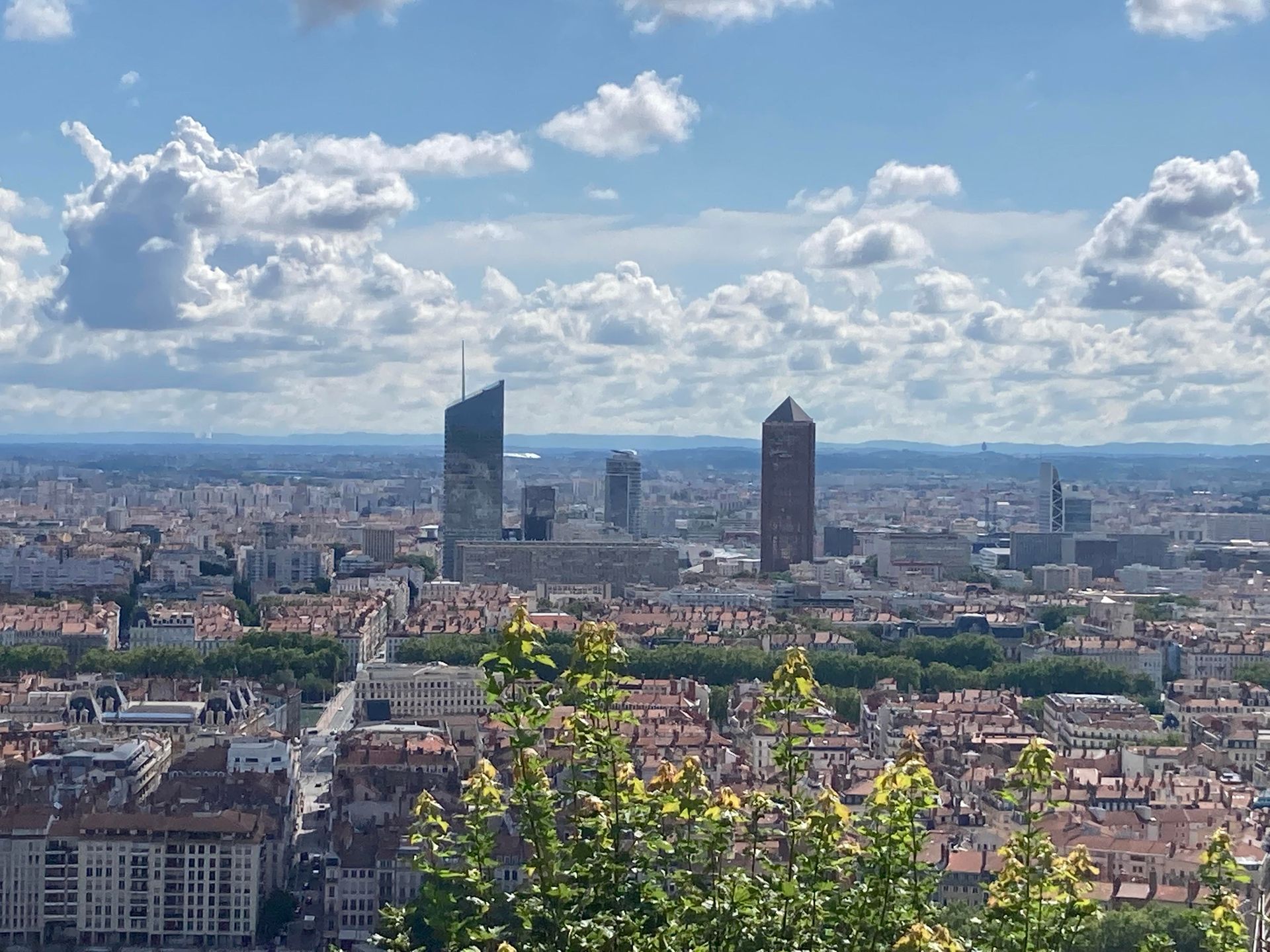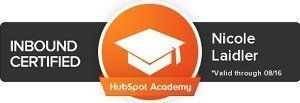How to prepare for an interview
Nicole Laidler • July 7, 2020
The do's and don'ts of preparing for an interview

You may have read my blog about the first question to ask
in any interview, and the last. But what about all the questions in-between?
Well, that depends on the type of writing project you’re working on. But one thing is sure - you’ll never get the answers you need if you don’t ask the right questions to begin with. And that could leave you with some gaping holes when you sit down to write. Here are a few do’s and don’ts to help you avoid that pitfall.
Don’t confuse an interview with a conversation.
The best interviews happen when the person you are speaking with feels relaxed enough to answer your questions without thinking too hard about what they are going to say. That’s when the most colourful bits of information and quotes slip out. But that doesn’t mean you should approach an interview like it’s a casual conversation. It’s not. You are interviewing this person for a reason, and you should have a good idea about what you are looking for before you even begin.
Do your research. And then do some more.
If someone is giving you their time, the least you can do is come prepared. So do your homework. Find out as much background information as you can about the person you’ll be speaking with. Research their organization and / or the topic you’ll be speaking about. They’ll appreciate your efforts. And while you’ll want to quickly double-check any basic facts, you won’t waste anyone’s time (or embarrass yourself) by asking something dumb.
Do make a list of questions.
I know many journalists who like to wing their interviews. I am not one of them. It’s true that I no longer compose a complete list of fully-formed questions. But I do jot down points that I know I want to cover. And if I am asking questions about something technical or a particularly sensitive subject, I do take the time to think about the best way to formulate my query.
But don’t be afraid to go with the flow.
Sometimes the person you’re interviewing will say something that takes whatever you’re working on in a completely different direction - or at least on a fascinating side-trip.
So be an active listener and keep an open mind. If the interview goes off on a useful tangent, follow it. If an unexpected question pops into your head, ask it.
If you are well prepared, you’ll be able to get the interview back on track if needed and will leave with all the information you need and the rare gems that can make any writing project truly memorable.
Happy writing!
Do you have a question about writing great copy? Ask in the comments below and I’ll do my best to answer in a future post!
Nicole Laidler is a content creator, copywriter, and freelance reporter serving clients in London, Toronto and throughout Southwestern Ontario. She helps people grow their success, one word at a time.
BLOG TAGS



